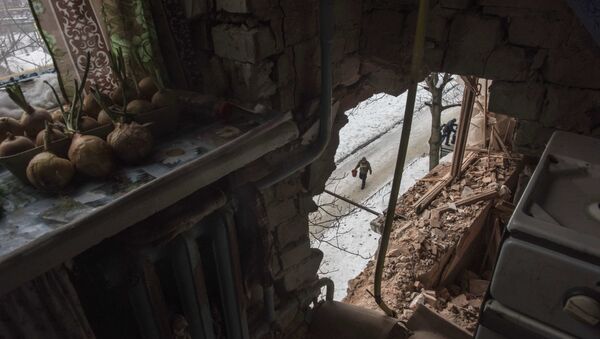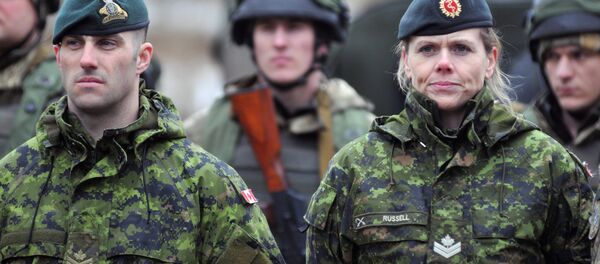MOSCOW (Sputnik) — Ukraine, alongside other crisis areas in Eurasia, is expected to be discussed by MSC panelists. Foreign ministers of France, Germany, Russia and Ukraine and will gather for a fringe meeting on Ukrainian peace in the well-established "Normandy Format."
The foreign minister of the host country, Sigmar Gabriel, said Friday diplomats would speak about ways to uphold the ceasefire in Ukraine and ensure that heavy artillery was pulled away from the buffer zone between Ukrainian government troops and militia forces.
On the margins, NATO Secretary General Jens Stoltenberg will have a bilateral meeting with Ukrainian President Petro Poroshenko. Stoltenberg said recently they had been meeting regularly after Kiev sought to join the military alliance.
Separately, Russian Foreign Minister Sergey Lavrov is anticipated to meet with EU top diplomat Federica Mogherini, who said she planned to raise the issue of Libyan reconciliation at the bilateral meeting on Saturday.
In February 2015, Kiev forces and Donbass independence supporters signed a peace agreement in the Belarusian capital of Minsk. The deal stipulates a full ceasefire, weapons withdrawal from the line of contact in Donbass, as well as constitutional reforms that would give a special status to the Donetsk and Lugansk People's Republics. Since then, the ceasefire regime has been regularly violated, with both sides accusing each other of multiple breaches, undermining the terms of the accord.




